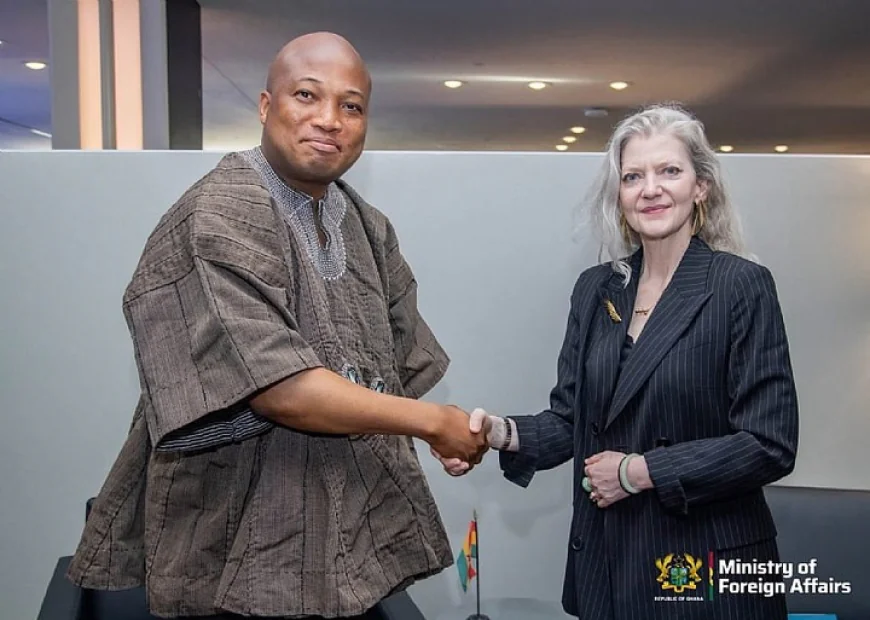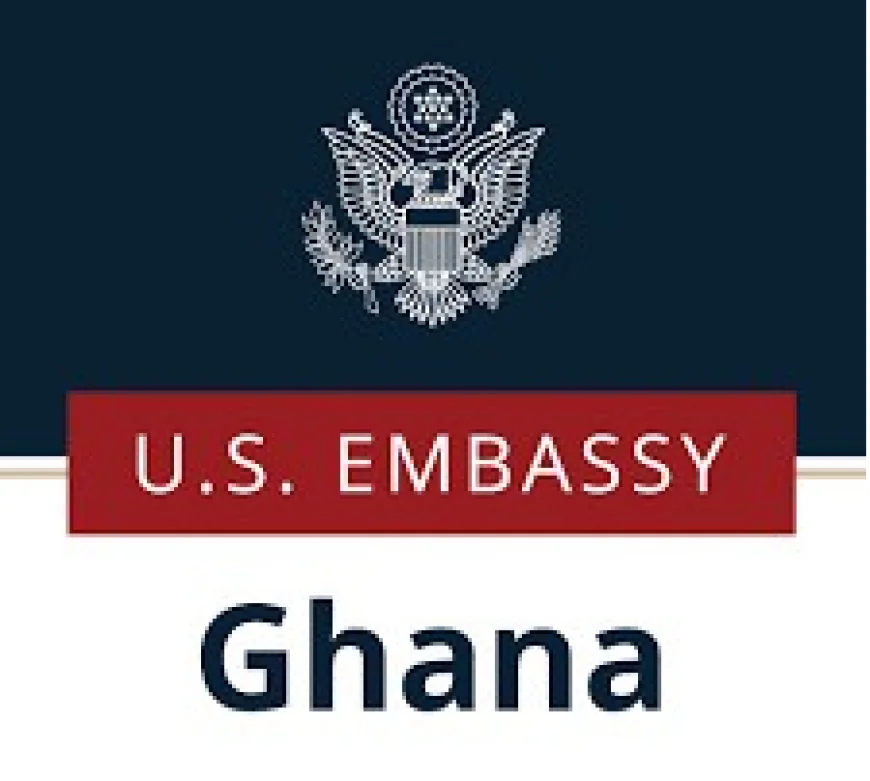US Lifts Visa restrictions on Ghana, Restores Five-Year Multiple Entry Visas
In a major diplomatic win for Ghana, the United States has officially reversed its earlier visa restrictions, reinstating five-year multiple entry visas for Ghanaian travelers.
In a major diplomatic win for Ghana, the United States has officially reversed its earlier visa restrictions, reinstating five-year multiple entry visas for Ghanaian travelers. The decision, announced during the 80th United Nations General Assembly in New York, marks a significant thaw in bilateral relations and is expected to boost travel, education, and business ties between the two nations.
According to a statement from the US Embassy in Ghana, the maximum validity periods for non-immigrant visas have been restored to their previous lengths:
B1/B2 Visitor Visas: Valid for five years, with multiple entries
F1 Student Visas: Valid for four years, also multiple entry
The announcement was formally conveyed to Ghana’s Minister of Foreign Affairs, Samuel Okudzeto Ablakwa, by US Secretary of State for Political Affairs, Allison Hooker, during a bilateral meeting at the UN Assembly. The embassy confirmed the update via its official X (formerly Twitter) account.
Minister Ablakwa described the reversal as the result of “sustained high-level diplomatic engagement,” reaffirming Ghana’s commitment to strengthening ties with the United States. The move comes after months of negotiations prompted by widespread concern over the previous restrictions, which had limited Ghanaian visa applicants to three-month, single-entry permits.
Those restrictions, enacted during the Trump administration, were reportedly driven by concerns over visa overstays—particularly among Ghanaian students. The policy shift had sparked unease among travelers, educational institutions, and diplomatic stakeholders.
The restoration of long-term visa privileges is being celebrated as a sign of “healthier and stronger Ghana–US relations.” Analysts expect the change to facilitate:
Increased academic exchange and mobility.
Easier access for business and tourism.
Renewed trust in bilateral cooperation.
This development is likely to be welcomed by Ghana’s diaspora, students, and entrepreneurs who rely on predictable and flexible travel arrangements.




